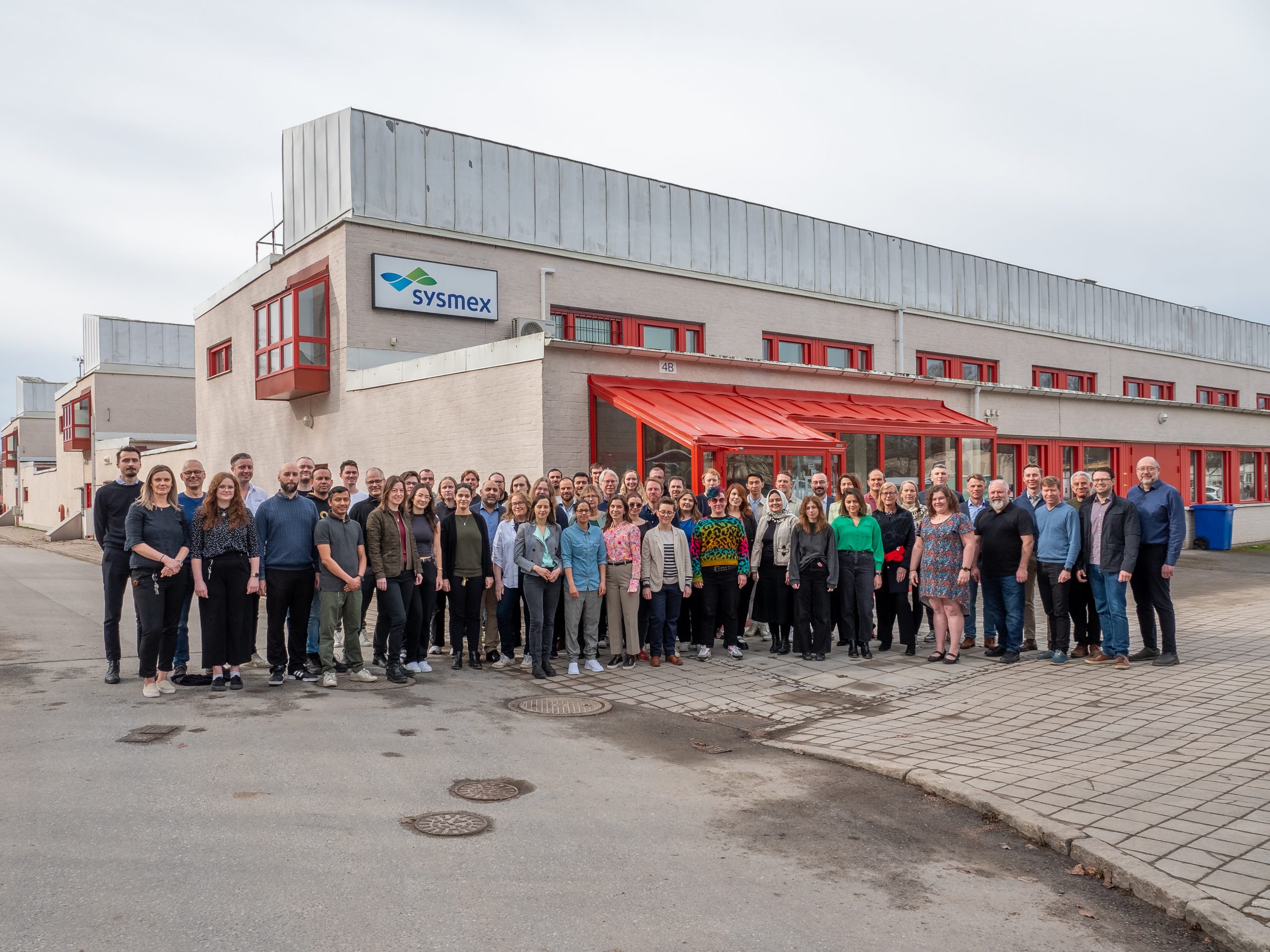Winner of the £8m Longitude Prize on AMR
12 Jun 2024
We’re enormously proud to award the £8 million Longitude Prize on AMR, our flagship challenge prize that formed the foundation of Challenge Works as we know it today, to Sysmex Astrego for the PA-100AST System.
This pivotal moment gives us the opportunity to celebrate the hugely impressive progress and crucial success the prize has made in the battle against antimicrobial resistance (AMR).
It’s impossible to overstate how critical it is to address AMR. By 2050, it is predicted to cause 10 million deaths a year – matching those caused by cancer – and cost $1 trillion in additional health costs.
When we launched the Longitude Prize on AMR in 2014, the urgency of this issue was clear, yet it seemed that the momentum to tackle what we were facing was lacking. Our ambition with the prize was to create the urgent ‘pull’ needed to get innovators working on one of the biggest life-and-death challenges facing humanity.
Over the decade that the prize has run, we have truly seen it deliver that ‘pull’. The last ten years has seen hundreds of teams compete as part of the prize and we are delighted that this has resulted in multiple solutions, many of which are now close to market.
We believe that the wide-scale innovation driven by the prize will lead to step-changes in multiple areas of healthcare globally. We are particularly excited about the potential from the winner of the Longitude Prize- Sysmex Astrego’s PA-100 AST System- a test that promises to be transformational for infection diagnosis and treatment of UTIs.
UTIs are the most common bacterial infection treated by the NHS in England. Around 50-60% of women will develop a UTI in their lifetime and one in 10 women aged 18 and over report at least one presumed UTI annually.
Despite the clear healthcare burden, what’s alarming, is that up to half of infection-causing bacteria are resistant to at least one antibiotic. However, diagnosing a UTI currently takes around three days.
The team behind the winning innovation, the PA-100 AST system, has used scientific breakthroughs to transform this process. With only a tiny urine sample, the test can identify the presence of a bacterial infection in just 15 minutes and, crucially, accurately identify the right antibiotic to treat it within 45 minutes.
This is incredible progress that offers the potential to end the ‘just in case’ prescribing that is currently prevalent and which promotes the development of antibiotic resistance.
The creation and recognition of this technology, all of which has happened as a result of the Longitude Prize on AMR, is undoubtedly the start of a global healthcare revolution, where rapid point of care diagnostics become a mainstay of medicine – creating a future where patients can quickly and accurately get a diagnosis and the correct treatment when they visit the doctor.
The success of the Longitude Prize on AMR opens the door for many more prizes to tackle global scientific challenges. Today’s news proves that, when there is a challenge of gargantuan proportions in desperate need of real-world solutions, prizes attract the brightest minds to solve the problem and leave a legacy of successful, growing businesses in their wake.
At Challenge Works we have grasped the opportunity to be a driver of these real-world solutions and this is what we are celebrating with the Longitude Prize on AMR.

